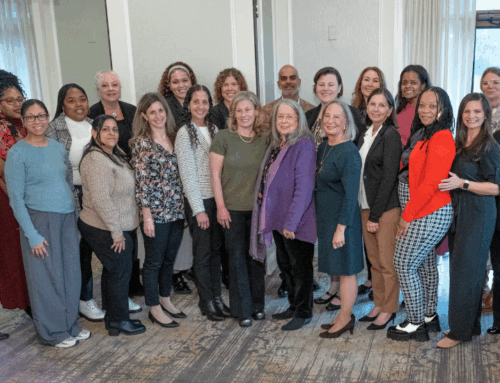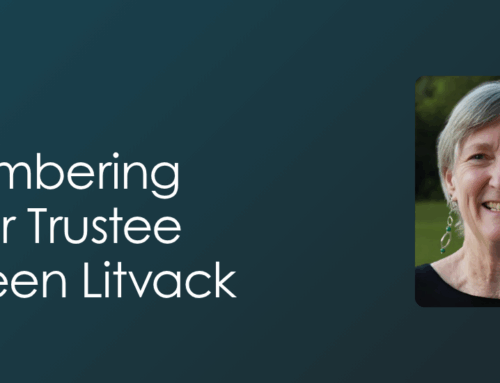Giving during this holiday season is more important than ever as nonprofits face the impact of inflation as well as concerns about a potential decrease in support from their donor base. For those people who are charitable inclined, challenging economic times might instead serve as an inspiration to become more intentional about charitable giving priorities.
Here are three things to think about as bear market conditions hang on into the fourth quarter:
Not all stocks are down.
Giving appreciated stock to a donor-advised fund or other type of fund at the community foundation is always a tax-savvy alternative to giving cash, regardless of the economic situation. You may feel disappointed that your portfolios have hit a rough patch, but this does not mean that there aren’t still plenty of opportunities to avoid capital gains tax on stocks held for more than a year. (Take a look at the historical share price of Apple, for example, and imagine the capital gains tax liability for stockholders who’ve held the stock for several years.)
Consider the needs of others who are even more acutely feeling the pinch of inflation.
Community needs are rising, and the community foundation is dedicated to staying on top of the issues that are critically important to quality of life at any given time. Families with low or moderate household incomes can be especially vulnerable to high inflation. Our team at the Community Foundation can help you zero in on nonprofits in our community that are serving the people who need the most help right now.
Don’t forget about the Qualified Charitable Distribution.
We mention this tool a lot because it is such a financially-savvy way for you to support the charities you care about. If you have reached the age of 70 1/2, you may be eligible to make annual distributions of up to $100,000 from IRAs directly to an unrestricted or field-of-interest fund at the Community Foundation or other qualifying public charity. QCD transfers count toward satisfying your Required Minimum Distributions and avoid the income tax on those funds. Plus, those assets are no longer part of your estate at death, which avoids estate taxes, too. What’s more, the QCD may get a boost if the EARN Act becomes law; proposed bipartisan legislation would expand the QCD rules to allow a one-time, $50,000 QCD to a split-interest trust such as a charitable remainder trust.






